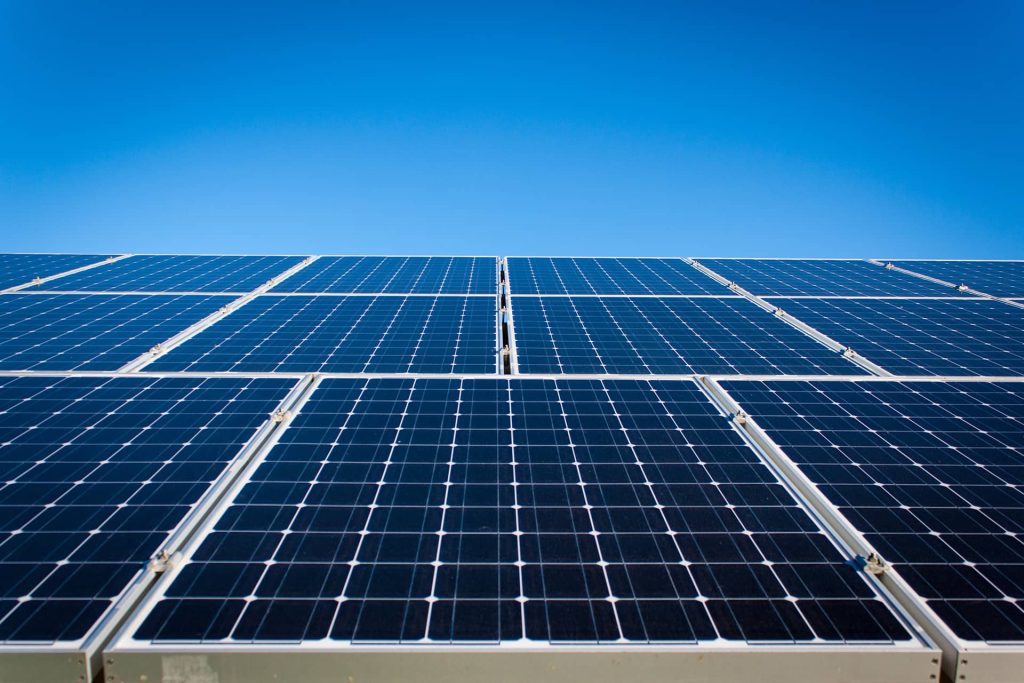
How Much are Your Appliances Costing You?
How Much are Your Appliances Costing You? https://activeenergygroup.com.au/wp-content/uploads/solar-panels-blue-sky-1-1024x683.jpg 1024 683 Active Energy Group https://activeenergygroup.com.au/wp-content/uploads/solar-panels-blue-sky-1-1024x683.jpgHow Much are Your Appliances Costing You?
Calculating The Cost
Do you have a big family with even bigger loads of washing? Perhaps you’re a foodie with more than one fridge, or you’re partial to a Netflix binge over the weekend. Whether it’s living necessities or a hobby, the appliances we use to make these things happen are costly. Thankfully, there are ways you can start paying less for your household appliances.
Calculating the running cost of each appliance is a good way to determine where you’re spending most, and can be a good indication of whether solar power or eco-appliance upgrades are required.
Figure out the specific running cost of each appliance by following these simple steps.
- Calculate how much you currently pay per kWh for peak rate electricity.
- Find out the input power each appliance uses (kWh) (this is usually marked on the appliance itself or in the user’s manual).
- Calculate the running cost of an appliance by multiplying the cost of your electricity (kWh) by the input power of the appliance.
E.g. 26c per kWh x 2kW (2000 watts) = 52 cents per hour
You can then multiply this by the number of hours the appliance is used in a day, a month and a year.
High Cost Appliances
Heating / Cooling
Cooling your home in summer and heating it during winter can cause a massive spike in energy consumption. These systems are generally the biggest household energy consumers and are likely costing you the most.
Water Heating
Despite several variables, a hot water system is a costly home essential. Shower frequency and temperature, washing machine use and dishwashing will affect the consumption rate, however it’s generally one of the highest energy consuming appliances.
TV
Our power bills are growing alongside the size of our TVs. The bigger and better models tend to burn through more electricity, making your time in front of the TV more and more expensive.
Lower Cost Appliances
Dishwasher
It’s come to light that dishwashers are actually reducing water usage when washing dishes, which equates to less energy consumption. Purchase a dishwasher with a high energy efficiency rating and say goodbye to washing the dishes by hand!
Tumble Dryer
Commonly perceived as the consumption king, the clothes dryer actually uses less energy than first thought. Don’t fret in winter, on a rainy day or if you have a larger family; the clothes dryer can still save you time without breaking the bank.
Digital Devices
They’re in abundance in most homes, however thankfully due to their size, digital devices remain in the lower bracket of appliance energy consumption.
Contact us for a free consultation
How You Can Reduce Your Energy Consumption
Calculating the cost of each appliance is the first step towards cutting back on consumption. We also recommend:
- Assess the energy and water ratings on appliances before making a purchase.
- Run appliances like the dishwasher and washing machine throughout the day during peak solar hours (if you have solar power installed).
- Turn appliances off at the wall when you aren’t using them (especially the TV – energy consumption adds up on standby).
- Switch to energy efficient lights and fans, and always remember to switch them off when they’re not being used!
Learn more about cooling your home efficiently during summer here.
Once you’ve established where energy is used most in your home, you can begin to gain a clearer understanding of when it’s required most. These key identifiers will enable you to assess whether the benefits of solar power will apply to your household.
For more information on solar installation, or to talk more about making eco-improvements to your home; contact our team of experts today.
Contact Us
Contact us today to get a free consultation and find out how much
you could save on your power bill!
Phone : 0456 800 232




